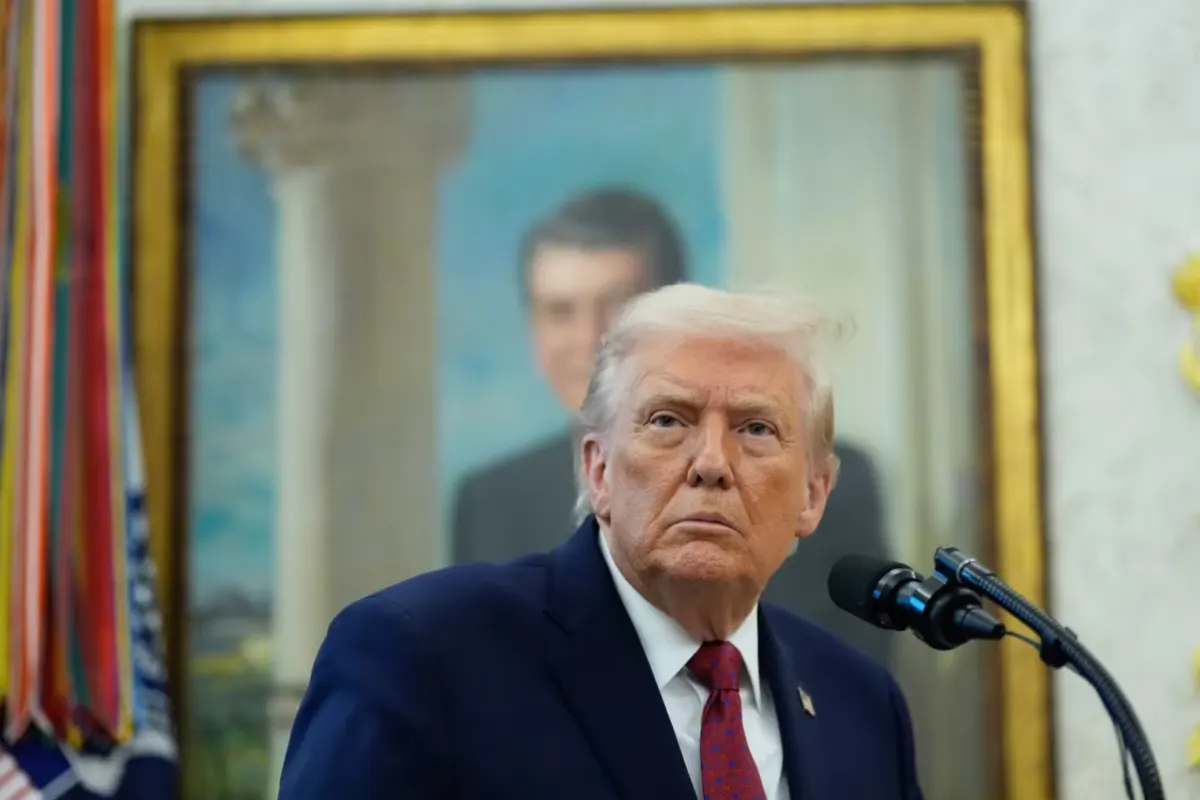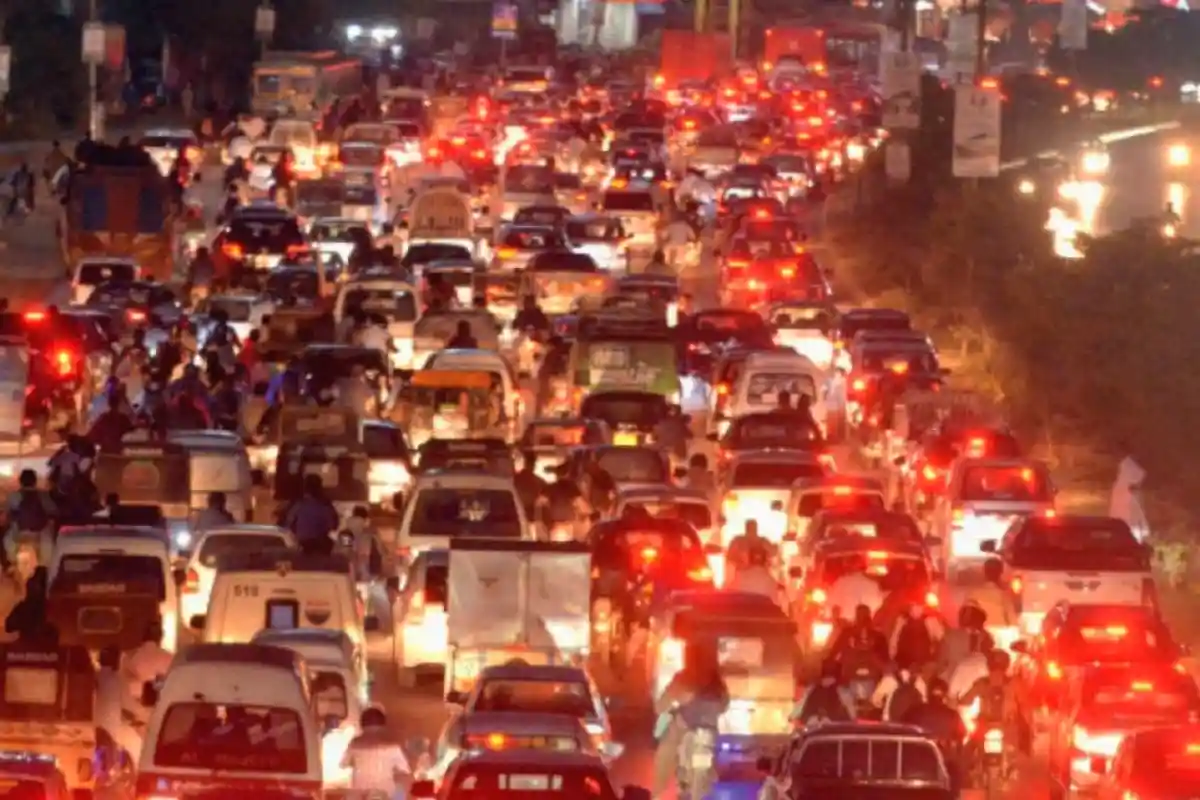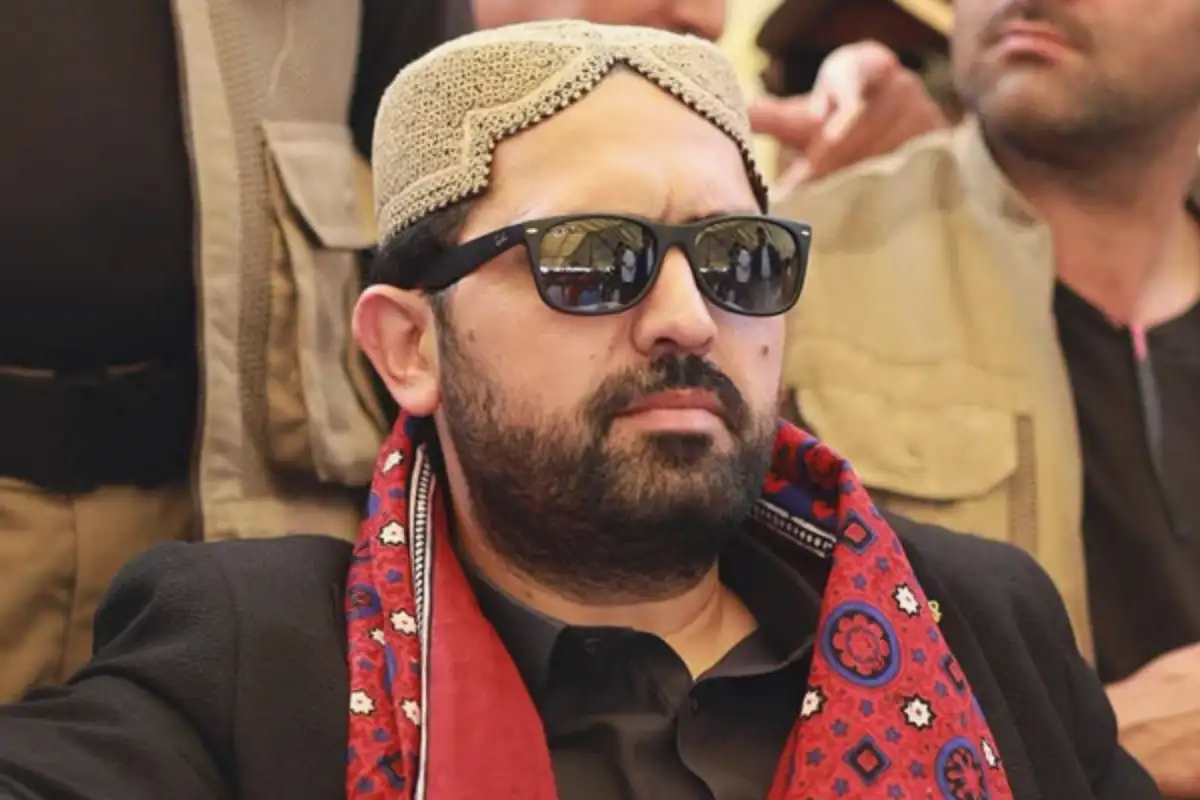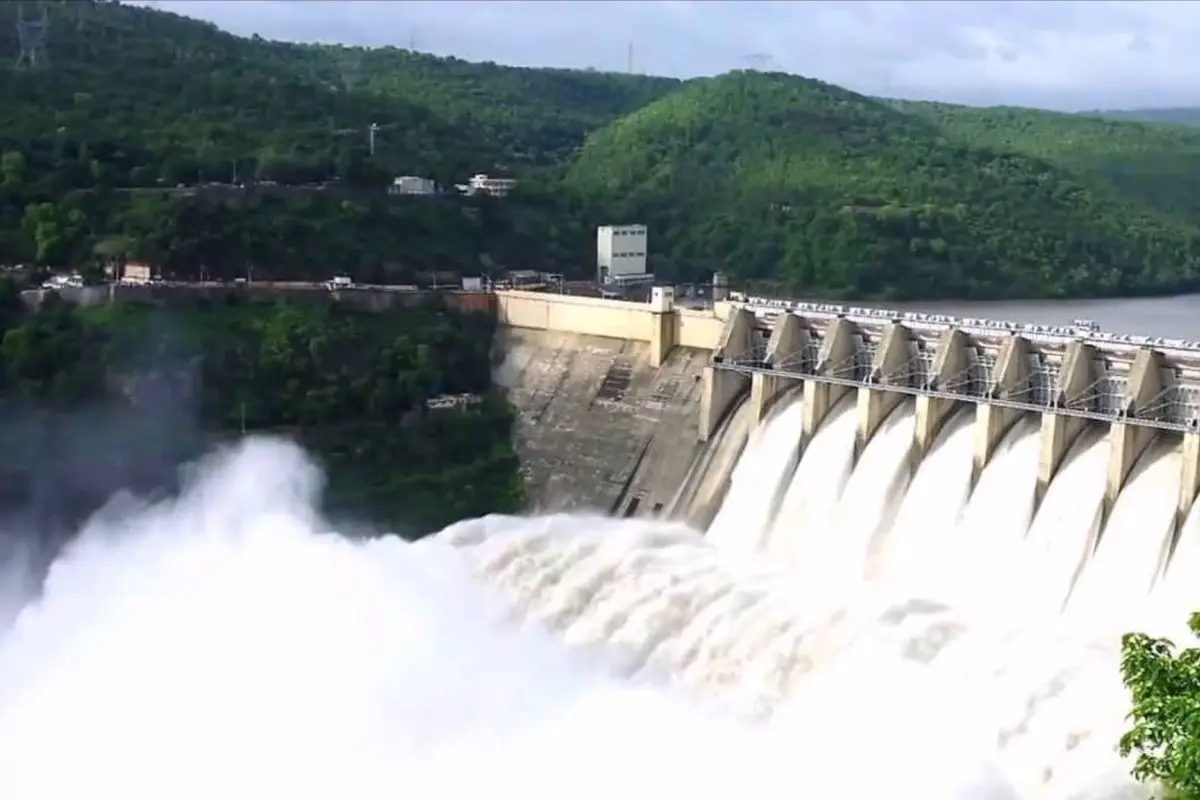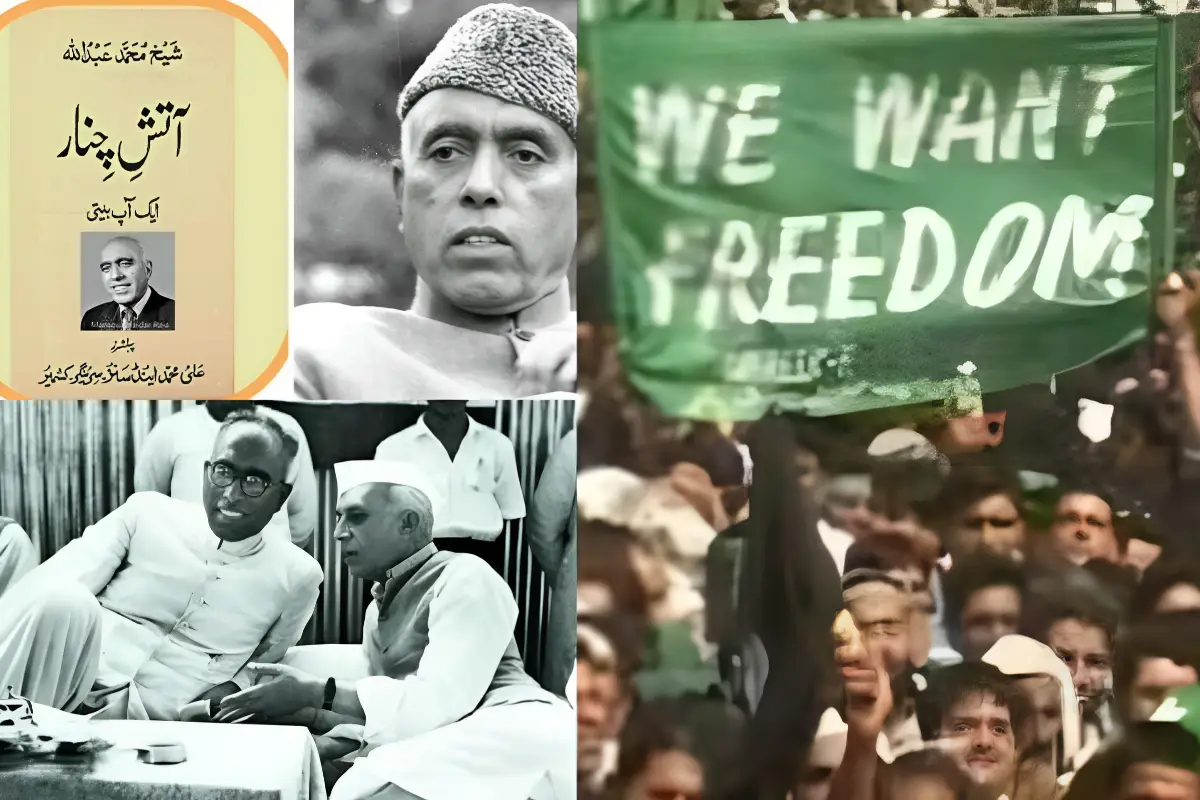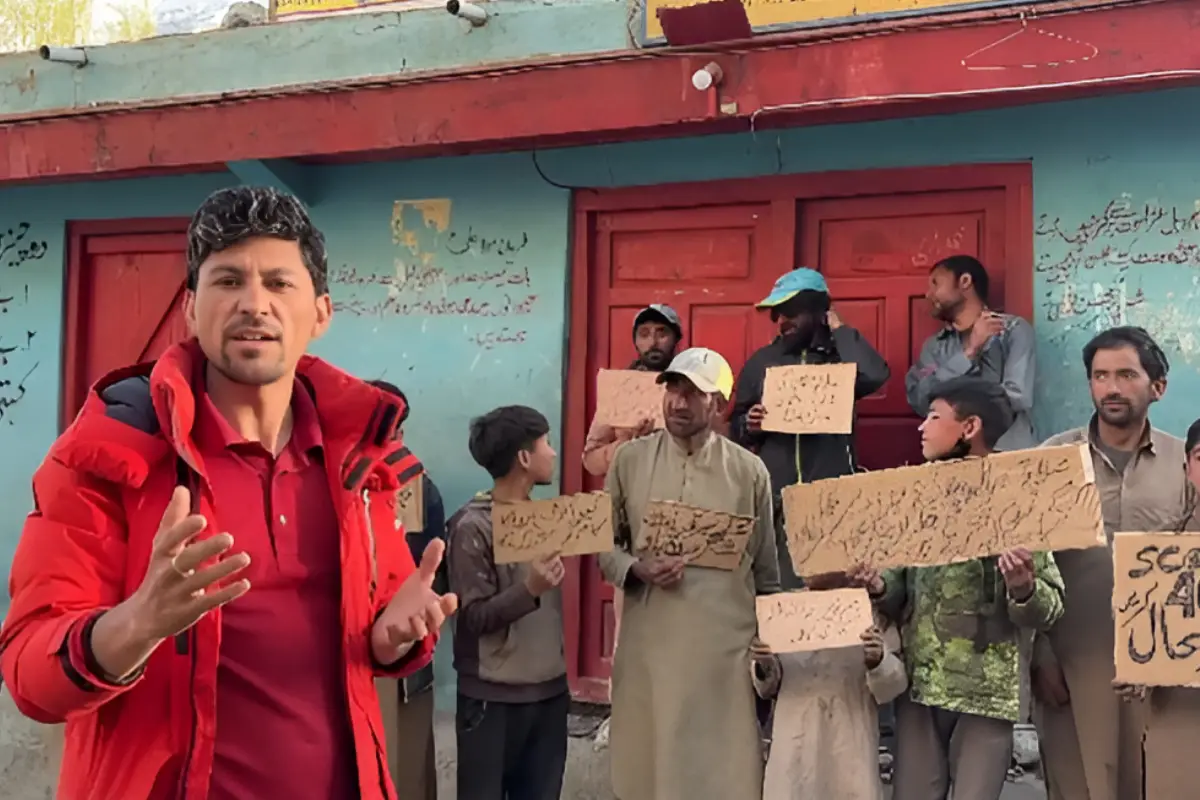Justice for the Planet: World Court Rules against Climate Neglect
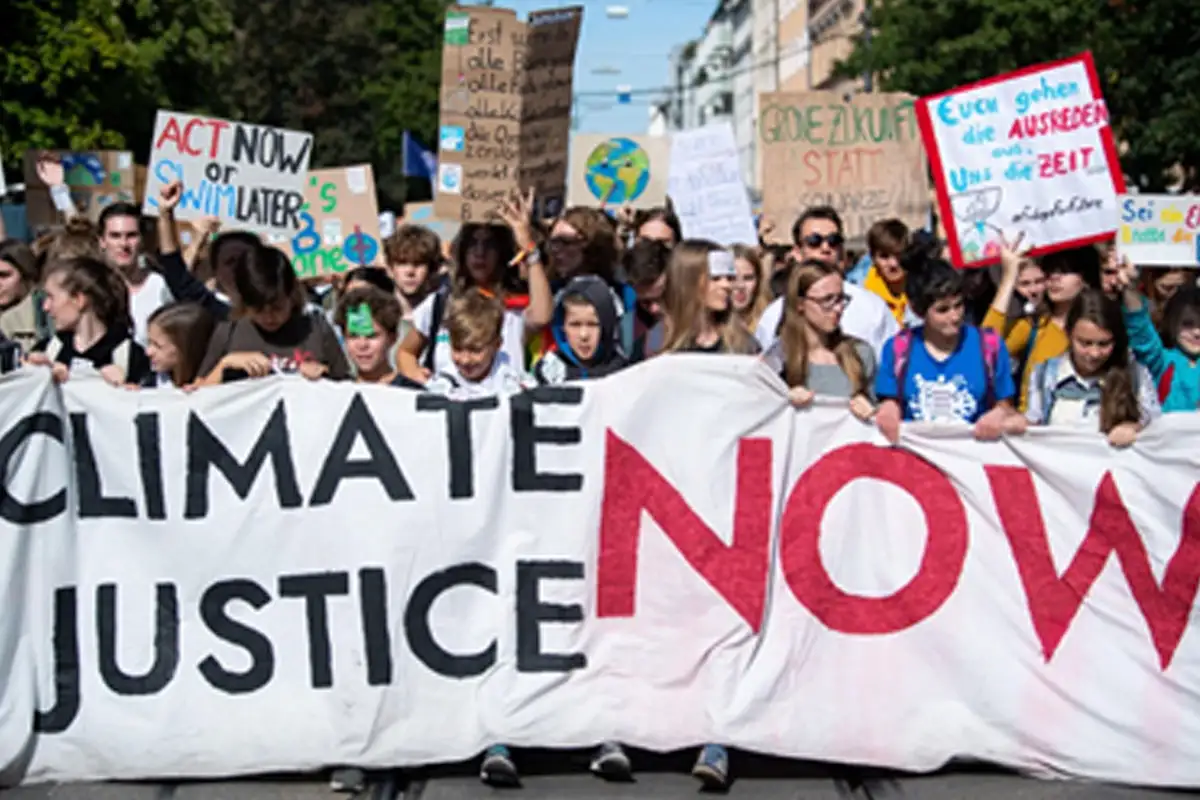
In a historic ruling, the International Court of Justice (ICJ) has declared that countries are legally obligated to reduce their greenhouse gas emissions and protect the climate for both current and future generations. The decision, described as one of the most significant legal moments in climate history, comes after years of pressure from vulnerable nations and youth activists.
“This isn’t just a political or moral issue anymore — it’s a legal duty,” said ICJ President Nawaf Salam as he read the court’s opinion in front of a full courtroom. “States must act to prevent environmental harm that threatens human lives, ecosystems, and the rights of future generations.”
A Powerful Legal Message
Although the ICJ’s advisory opinions are not legally binding, they carry enormous influence. This ruling sends a clear signal to world governments: failing to act on climate change could now be seen as a violation of international law, including human rights agreements and environmental treaties.
“This is a legal turning point,” said international lawyer and climate negotiator Dr. Farhana Yamin. “Governments can’t delay anymore. They have a legal responsibility to act, and this ruling makes that crystal clear.”
A Global Campaign Led by the Frontlines
This case didn’t emerge overnight. It was sparked by a bold campaign led by the Pacific island nation of Vanuatu, supported by over 130 countries and inspired by student activists from some of the world’s most climate-threatened regions.
In 2023, the United Nations General Assembly officially asked the ICJ for its opinion on the legal responsibilities of countries in the face of climate change. That move alone was seen as groundbreaking.
“For us in the Pacific, this is about survival,” said Vanuatu’s Prime Minister Ishmael Kalsakau. “We may be small nations, but this ruling proves that our voices matter on the world stage.”
What Happens Next?
While the ICJ can’t enforce its ruling, the opinion is likely to influence climate policies, court cases, and international negotiations going forward. Lawyers and environmental groups say it could be used in national courts to pressure governments to cut emissions faster or hold polluters accountable.
With the next major climate summit, COP30, set to take place in Brazil, the ruling is expected to raise the stakes and push wealthier countries to step up their commitments.
“This gives power to ordinary people fighting for justice,” said Mariam Ahmed, a climate activist based in Karachi. “When the highest court in the world says we have a right to a safe climate, that’s huge.”
A Defining Moment
For many, the ICJ’s decision represents more than just a legal milestone — it’s a moment of hope.
From flood-affected communities in Pakistan to drought-hit regions in Africa, millions are already living with the harsh realities of a changing climate. This ruling offers a new kind of protection — one grounded not just in science or activism, but in law.
As the world begins to take in the weight of this judgment, one thing is clear: climate justice is no longer a slogan. It’s becoming a legal reality.
Catch all the Blogs News, Breaking News Event and Trending News Updates on GTV News
Join Our Whatsapp Channel GTV Whatsapp Official Channel to get the Daily News Update & Follow us on Google News.


